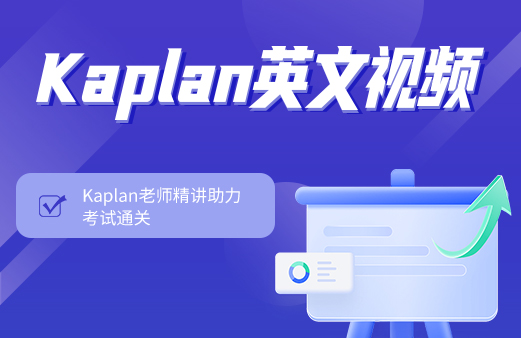融躍教育

-
CFA-特許金融分析師

熱點(diǎn)資訊 考試動(dòng)態(tài) 經(jīng)驗(yàn)分享 職業(yè)發(fā)展 熱點(diǎn)問(wèn)題
-
FRM-金融風(fēng)險(xiǎn)管理師

熱點(diǎn)資訊 考試動(dòng)態(tài) 經(jīng)驗(yàn)分享 職業(yè)發(fā)展 熱點(diǎn)問(wèn)題
-
ACCA-特許公認(rèn)會(huì)計(jì)師

熱點(diǎn)資訊 考試動(dòng)態(tài) 經(jīng)驗(yàn)分享 職業(yè)發(fā)展 熱點(diǎn)問(wèn)題
-
CPA-注冊(cè)會(huì)計(jì)師

熱點(diǎn)資訊 考試動(dòng)態(tài) 經(jīng)驗(yàn)分享 職業(yè)發(fā)展 熱點(diǎn)問(wèn)題
-
CMA-美國(guó)注冊(cè)管理會(huì)計(jì)師

熱點(diǎn)資訊 考試動(dòng)態(tài) 經(jīng)驗(yàn)分享 職業(yè)發(fā)展 熱點(diǎn)問(wèn)題
-
PCMA-管理會(huì)計(jì)師

-
CGFT-特許全球金融科技師

-
初級(jí)職稱(chēng)

-
中級(jí)職稱(chēng)

-
平臺(tái)答疑

















